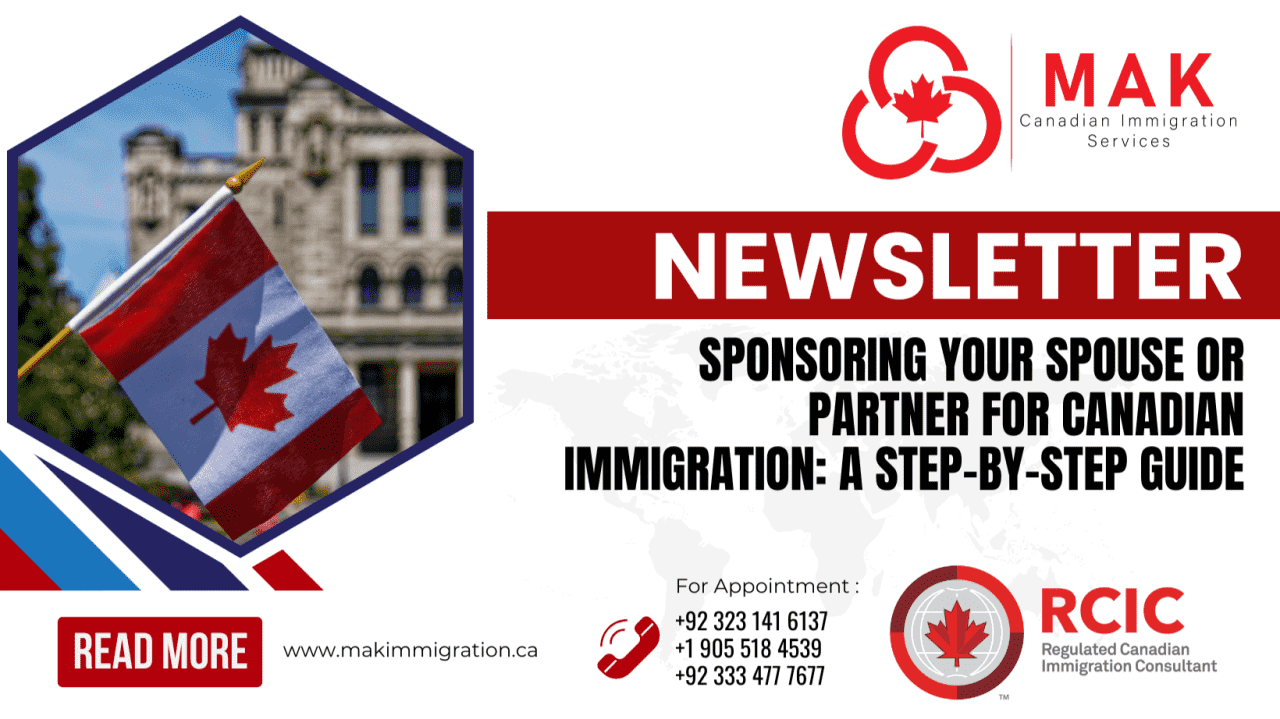If you wish to help your husband, common-law partner, or conjugal partner become a Canadian permanent resident, you must understand the process of Canada PR spousal sponsorship. Spousal sponsorship may seem simple, but delays and rejections can make it difficult to get through the system.
This article outlines the major steps and standards for sponsors and sponsored individuals in the Canada PR spousal sponsorship process.
Understanding Canada PR spousal Sponsorship Eligibility
Who Can Sponsor?
To help your spouse become a permanent resident of Canada through Canada PR spousal sponsorship, you must fulfill the following requirements:
- Age: Be at least 18 years old.
- Status: You must be a registered Canadian citizen, permanent resident, or Indian with the Canadian government.
- Residency: In Canada Canadian citizens residing abroad must produce proof that they will return to Canada when their partner does.
- Support: Supporting your spouse financially: Promise to meet your spouse’s needs for three years after permanent residency.
- Quebec residents are required to meet the provincial sponsorship requirements. You must sign a state undertaking and have the Quebec Ministry of Immigration verify your income.
Who is not eligible to sponsor?
The following statements disqualify you from sponsoring your spouse or partner.
- As a spouse or partner, you received sponsorship and have been a permanent resident for less than five years.
- You are financially responsible for a previous spouse or partner under a three-year sponsorship agreement.
- You default on an immigration loan, family support payments, or other legal obligations.
- You are receiving social assistance (excluding disability support).
- Certain crimes, including violent or sexual offenses, have resulted in your conviction.
- You are behind bars or under a removal order from Canada.
Eligibility of Sponsored Applicants Who May be Sponsored?
- A person can immigrate to Canada if marriage is legal in both Canada and the sponsor’s nation.
- Common-law partners lived together for at least one year in a marital partnership and shared financial and emotional responsibilities.
- Spouse partners have been together for at least a year but cannot cohabit or marry due to immigration, cultural, or legal issues.
- Candidates typically need to be eligible to enter Canada. Unless public policy exempts them, Canada must maintain their temporary residence status.
Benefits and Limitations of Permanent Residence
Permanent residents in Canada enjoy rights like healthcare, education, and citizenship but cannot vote or hold certain jobs. Acquiring Canadian citizenship through naturalization requires meeting residency, tax, language, and knowledge criteria.
Permanent Resident Restrictions
PR holders have these rights but cannot vote or work in high-security posts. If they meet the residency, tax, language, and knowledge requirements, they are eligible to become citizens.
Conclusion
Sponsoring a spouse or partner’s immigration to Canada through Canada PR spousal sponsorship requires careful consideration of eligibility, required documents, and the responsibilities involved. Understanding and fulfilling these standards simplifies the sponsorship process and ensures a smoother experience for both the sponsor and the applicant.

